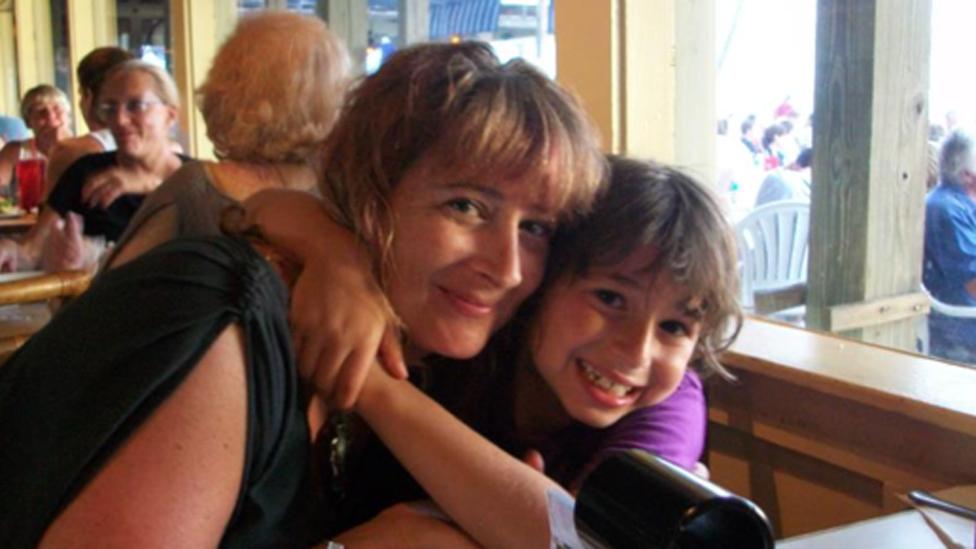Losing a wife: How to heal after a partner's death
- Published
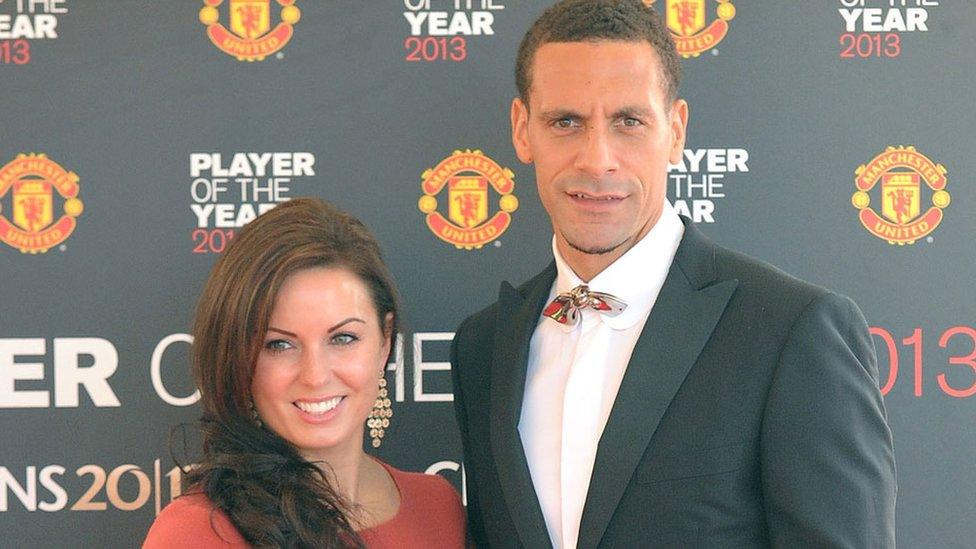
Rio Ferdinand says he is yet to "really flush everything out" following his wife's death in 2015
As former footballer Rio Ferdinand reveals he is yet to "grieve properly" for his wife, who died in 2015, three men share their experiences of losing a partner.
The football star's comments come ahead of a new BBC documentary about parents who lose their partners, after his wife Rebecca Ellison died of breast cancer, aged 34.
The ex-Manchester United player's words rang true with Stephen Short, whose wife Verena died of breast cancer, aged 43, in August 2016.
He also feels he is yet to grieve properly.
"I basically spent three months caring for my wife full time and then the day after I lost her, I was thrown into organising the funeral and dealing with all the vast amounts of paperwork," the aerospace engineer explains.
"It was, and still is, overwhelming. You're not given time to reflect on what happened."
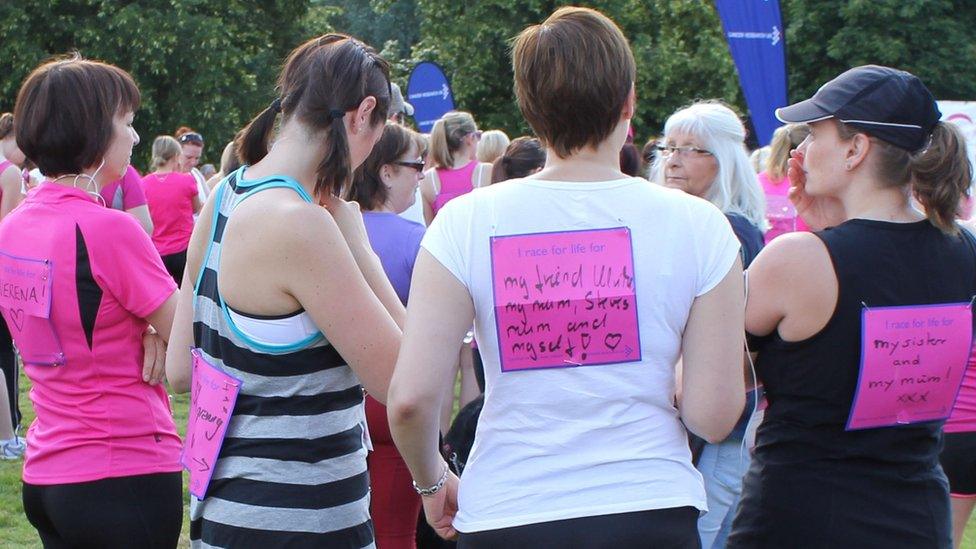
Verena ran with her sister and friends in a Race for Life
Stephen, who is living in Berlin, is now getting support through therapy which "helps", but he says it will take a while to get his energy levels back.
His advice to others?
"Take any help you can and don't be afraid to ask for it. Don't try and do everything yourself."
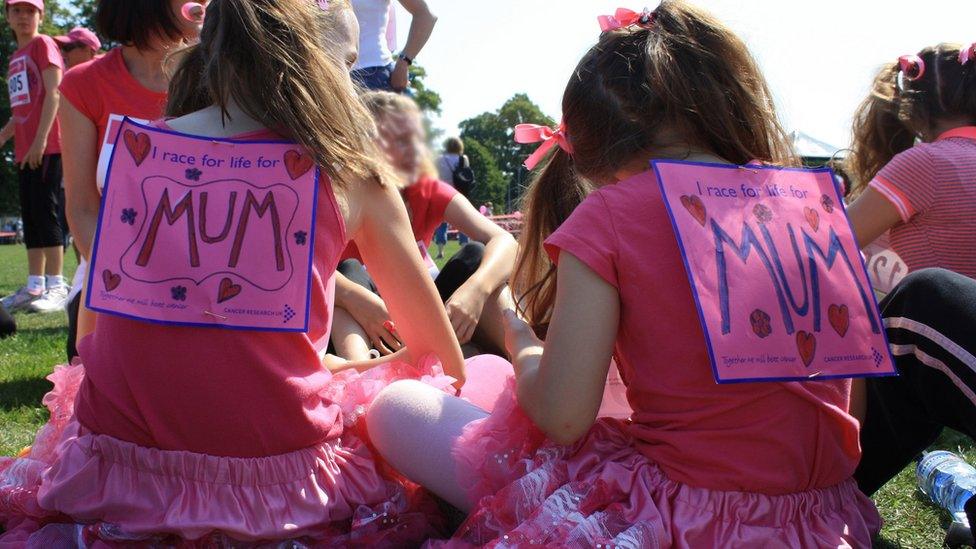
Rob Patchett said he "couldn't fall apart or my children would suffer"
Rob Patchett, from Cambridge, lost his wife Deborah, who was 42, to cancer in 2010. His daughters were six and 11 at the time.
"I just couldn't afford to fall apart or my children would suffer," he says. "I was amazed how I could put my grief in a box to open later, simply because I had two girls to bring up."
Rob says it took a year or two before he was able to "fully process" his wife's death.
"What helped was realising there wasn't a set way of working through it. Just doing it myself allowed me to move on when I was ready."
Rob admits it was the wives of his friends who he spoke to rather than the men - who didn't always "know how to approach it".
"Talk to somebody," he says, "but if you think you are coping, don't feel bad about not breaking down and being strong."

Tips for parents:
Don't avoid the topic of death for fear of upsetting a child - make an environment where they can ask questions, be listened to and can hear answers
But remember, children take things literally. Use honest words
It's also ok to say "I can't tell you now, but I will one day"
Accept that children are emotionally and psychologically damaged by bereavement. You can't measure the depth of grief
Be aware there are secondary losses - there are often house moves associated with the death, and fall-outs over money. Children can lose friends and relatives in the process
By Dr Shelley Gilbert MBE, founder and president of Grief Encounter

For Paul Graves, from Luton, family is what has got him through the last seven months.
"My wife passed away in July 2016, the day before my 53rd birthday, after a very short period of illness," he says.
"While we had no children of our own, it has been family that has seen me through this, with massive support from my parents and our two step-daughters. We were all just there for each other."
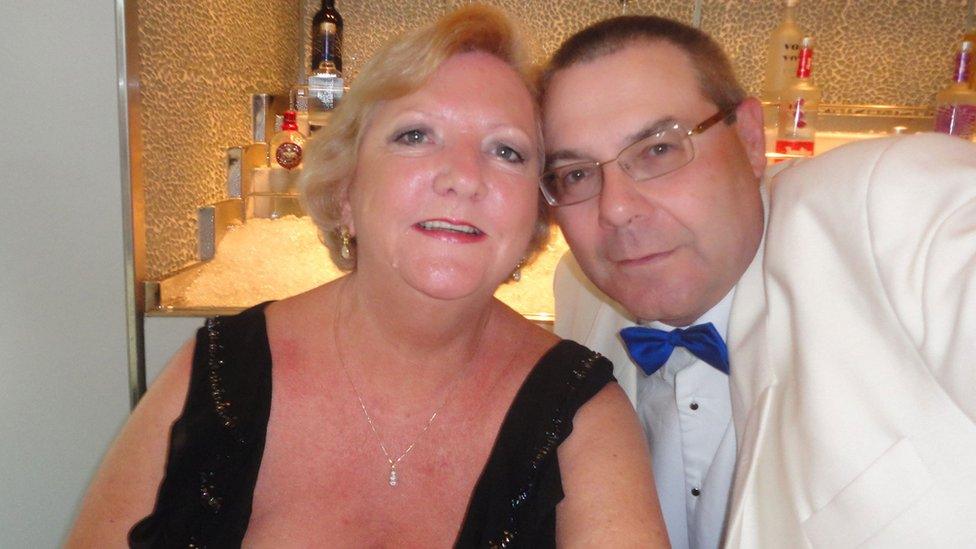
Paul Graves says he has not yet experienced the grief of losing his wife Julie
He and his wife Julie, who was 63, had been married for almost 20 years.
Paul says he threw himself back into his job at a bank "to be occupied" and avoid being home alone.
"The sympathy I got from friends - I found that more difficult. It made me more upset and emotional. It was kindness, but that actually hit the buttons more than anything else," he explains.
"Missing the person and grief I see as two separate things, and I've not had the grief yet."

What support is available?
Grief Encounter, external provides free support to bereaved children, young people and their families
Widowed and Young, external is a peer-to-peer support group for men and women aged 50 or under when their partner dies
The Child Bereavement Network, external offer practical advice for parents and children
Gingerbread, external has online tools for single parents
Turn2Us, external has advice on benefits, grants or other financial support available to the recently bereaved
- Published7 February 2017
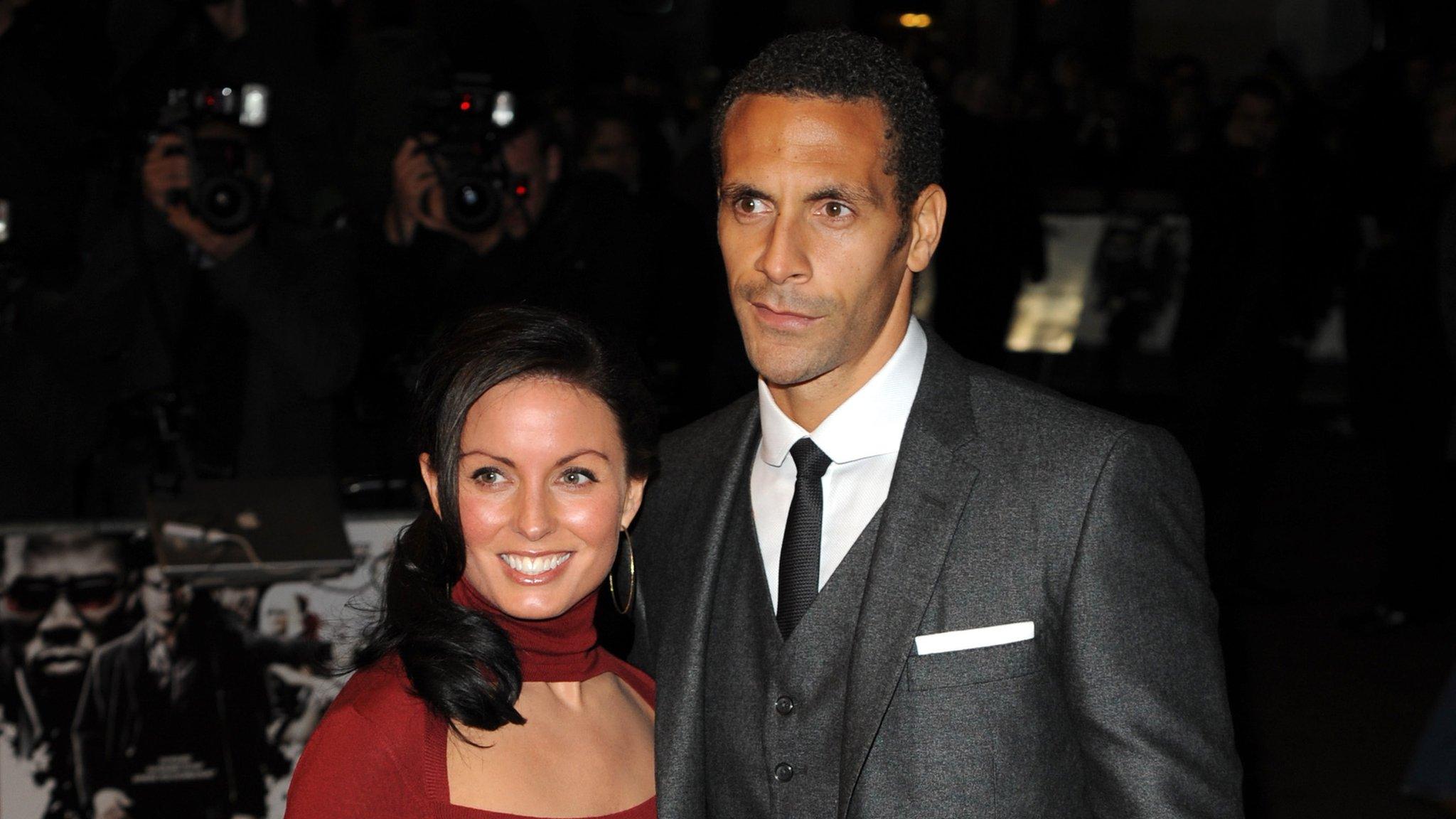
- Published5 November 2016
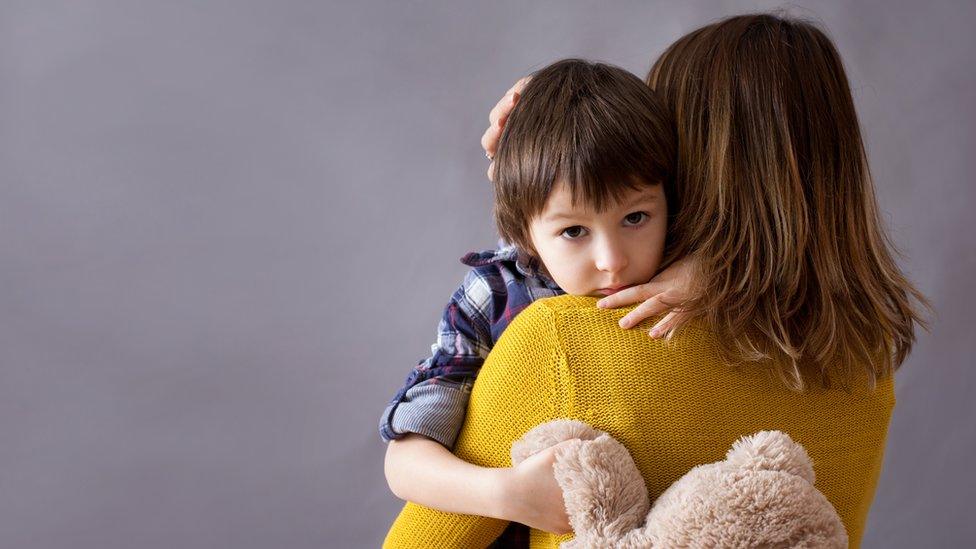
- Published4 June 2015
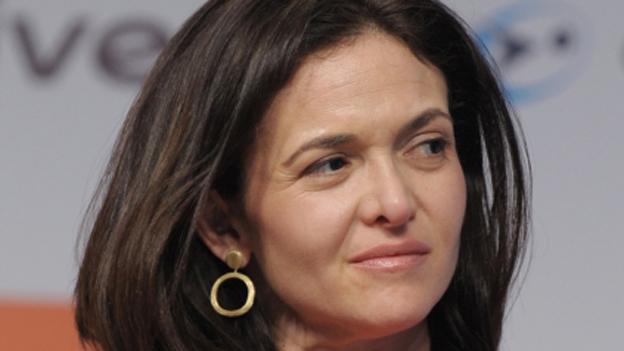
- Published6 May 2016
